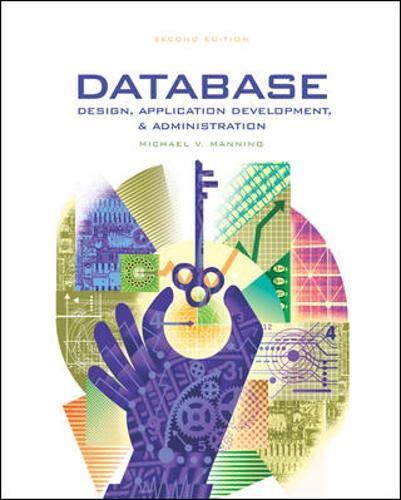Answered step by step
Verified Expert Solution
Question
1 Approved Answer
In java programming, Class Test { int a , b; Test ( int i , int j ) { a = i; b = j;
In java programming, Class Test
int a b;
Test int i int j
a i;
b j;
Passed an object. Now, oba and obb in object used in the call will be changed.
void changeTest ob
oba oba obb;
obb obb;
class PassObRef
public static void mainString args
Test ob new Test;
System.out.printlnoba and obb before call: oba obb;
obchangeob;
System.out.printlnoba and obb after call: oba obb;
A Explain how objects, a and b are passed to the method.
B Why primitive type cannot be used in the objects of this program?
C Explain how the call or changes of objects, a and b impact the output of the program.
Step by Step Solution
There are 3 Steps involved in it
Step: 1

Get Instant Access to Expert-Tailored Solutions
See step-by-step solutions with expert insights and AI powered tools for academic success
Step: 2

Step: 3

Ace Your Homework with AI
Get the answers you need in no time with our AI-driven, step-by-step assistance
Get Started


